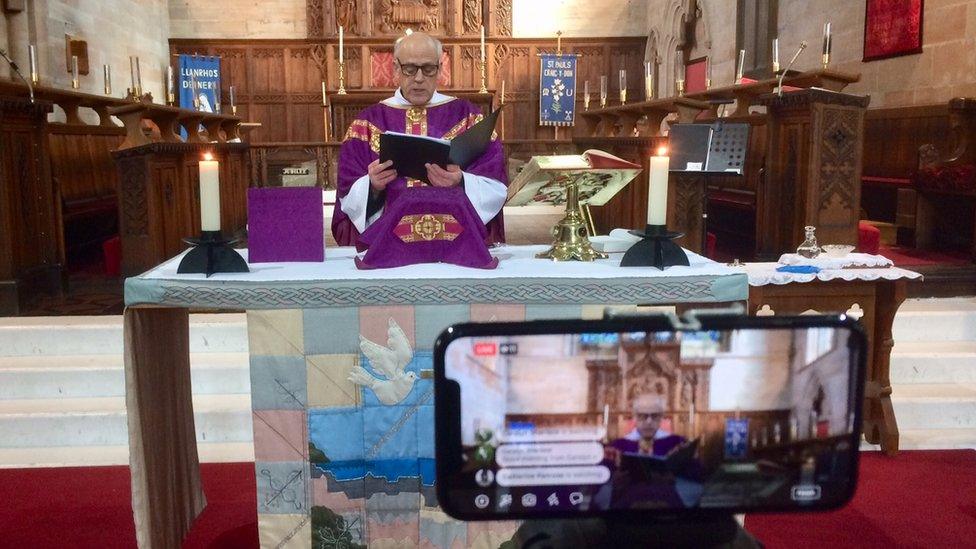Coronavirus: Calls for places of worship to reopen in Wales
- Published
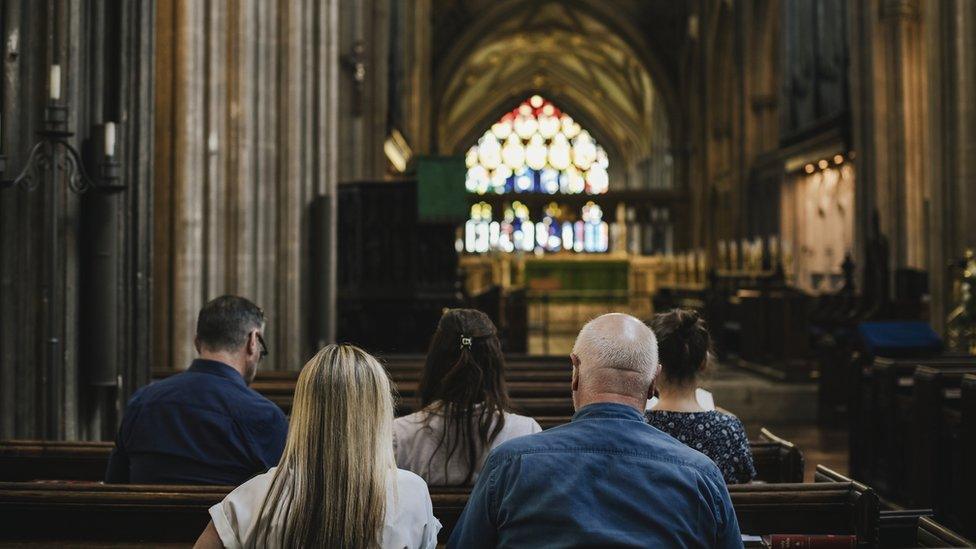
Group worship will still be banned by lockdown regulations over fears that the virus could spread
A "sensible approach" to allow places of worship to reopen "as soon as possible" is being called for in Wales.
Darren Millar, the chair of the Welsh Parliament's cross-party group on faith, says Wales' "spiritual health is just as important as its mental and physical health".
Only funerals and civil partnerships or marriages, external where one partner is terminally ill can happen in Wales.
The Welsh Government has said places of worship will remain closed.
Places of worship will be open in England for private individual prayer from 15 June.
Northern Ireland has already allowed private worship but Wales and Scotland have not yet done so.
Conservative Member of the Senedd Darren Millar wants the Welsh Government to consider allowing places of worship to partially reopen in Wales.
"Many churches and chapels are large buildings with congregations that are small enough to easily manage social distancing," said the Clwyd West MS.
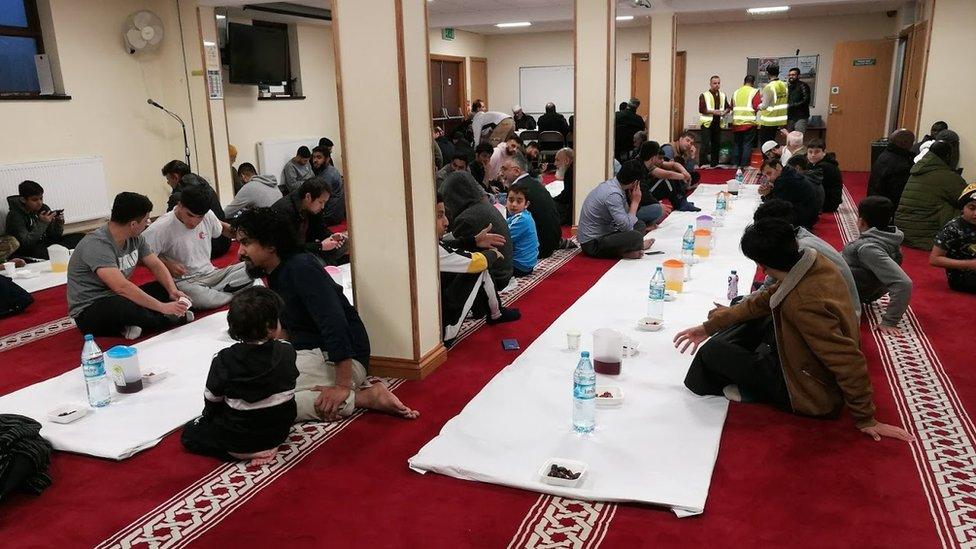
Private prayers at places of worship are to be allowed in England later this month
"So it seems odd that people are prevented from worshipping and private prayer in these buildings, yet are permitted to go along to their local garden centre or supermarket.
"Many people of faith are longing to be able to worship and fellowship in person once again and the right to do so should be given greater priority by the Welsh Government."
Mr Millar has received cross-party support from former Welsh Government minister Alun Davies, with the Labour MS for Blaenau Gwent writing on Twitter, external that he would write to First Minister Mark Drakeford "to make the same case".
It comes as a senior Imam has advised mosques not to open until they can hold congregational prayers.
The Welsh Government has set-up an "interfaith task group" to "advise on protocol for safely reopening places of worship".
"Reopening places of worship has been discussed at a number of meetings of the Wales interfaith community forum," the Welsh Government said.
It added: "Places of worship remain closed in Wales except for funerals, and marriages or civil partnerships where one of the parties are terminally ill.
"This is to help stop the spread of coronavirus, and protect public health."
- Published7 June 2020
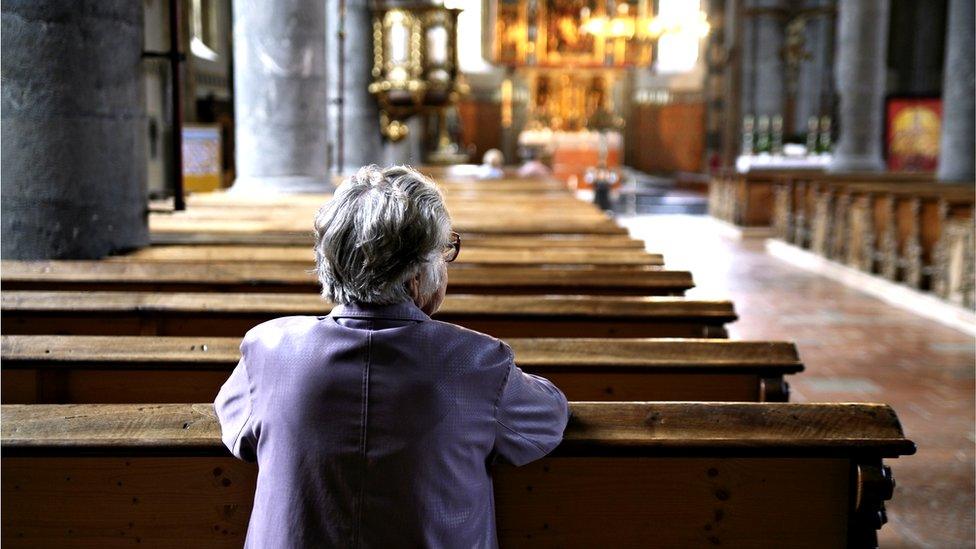
- Published7 June 2020
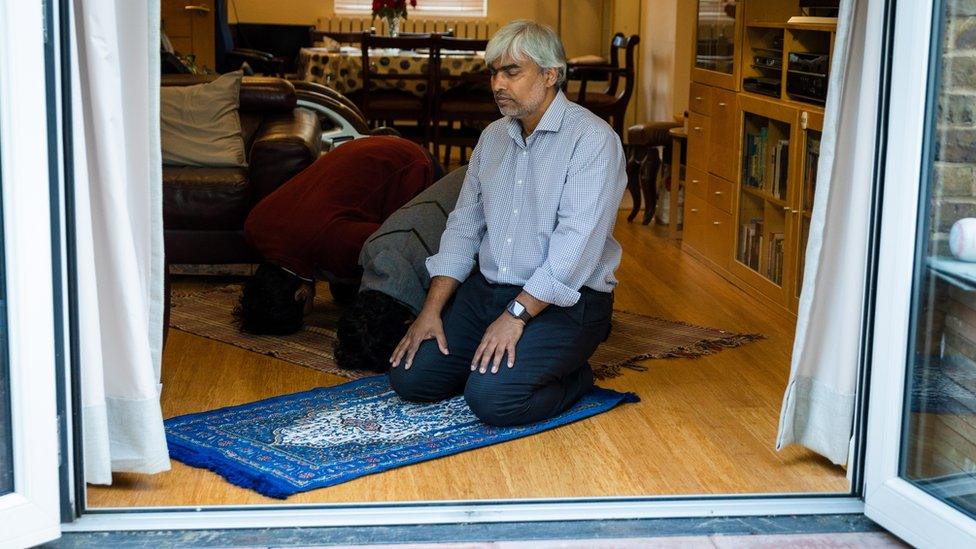
- Published22 March 2020
